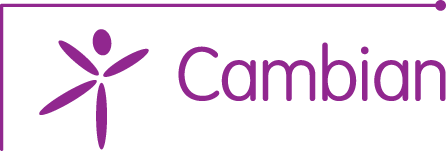Find a range of signs to help get a diagnosis for Dyslexia, what parents or carers can do to help and some hints for the classroom
Find out moreThe word 'dyslexia' comes from the Greek, meaning 'difficulty with words'. Dyslexia frequently co-exists with related Specific Learning Difficulties (or SpLDs), affecting the was information is learned and processed. Specific Learning Difficulties are neurological (rather than psychological), usually run in families and occur independently of intelligence. They can have significant impact of education and learning and on the acquisition of literacy skills.
Dyslexia is a hidden disability thought to affect around 10% of the population, 4% severely. It is the most common of the SpLDs and causes problems with spelling, relating sounds to written symbols and writing things down.
Dyslexia affects the way information is processed, stored and retrieved; memory; speed of processing; time perception; organisation and sequencing. Some may also have difficulty with navigating a route; left and right; compass directions; acquiring basic maths skills.
Where dyslexia is unidentified and unsupported during a child's early school years, a child may experience emotional distress and loss of self-esteem; this can also lead to behavioural issues. Due to poor literacy attainment, a child may seem to be of below average intelligence and may generally find life confusing and worrying.
However dyslexia can confer considerable strengths and many people with dyslexia have strong creative and visual talents and are notable in the arts, design, engineering and IT fields. They can have excellent, innovative, big picture and lateral thinking skills, intuitive problem solving abilities and strong determination.
If you would like some advice or more information on our services and what we can do for you, contact us here, or call 0161 507 3723 to discuss a referral in confidence.
For general enquiries, please contact us here.

